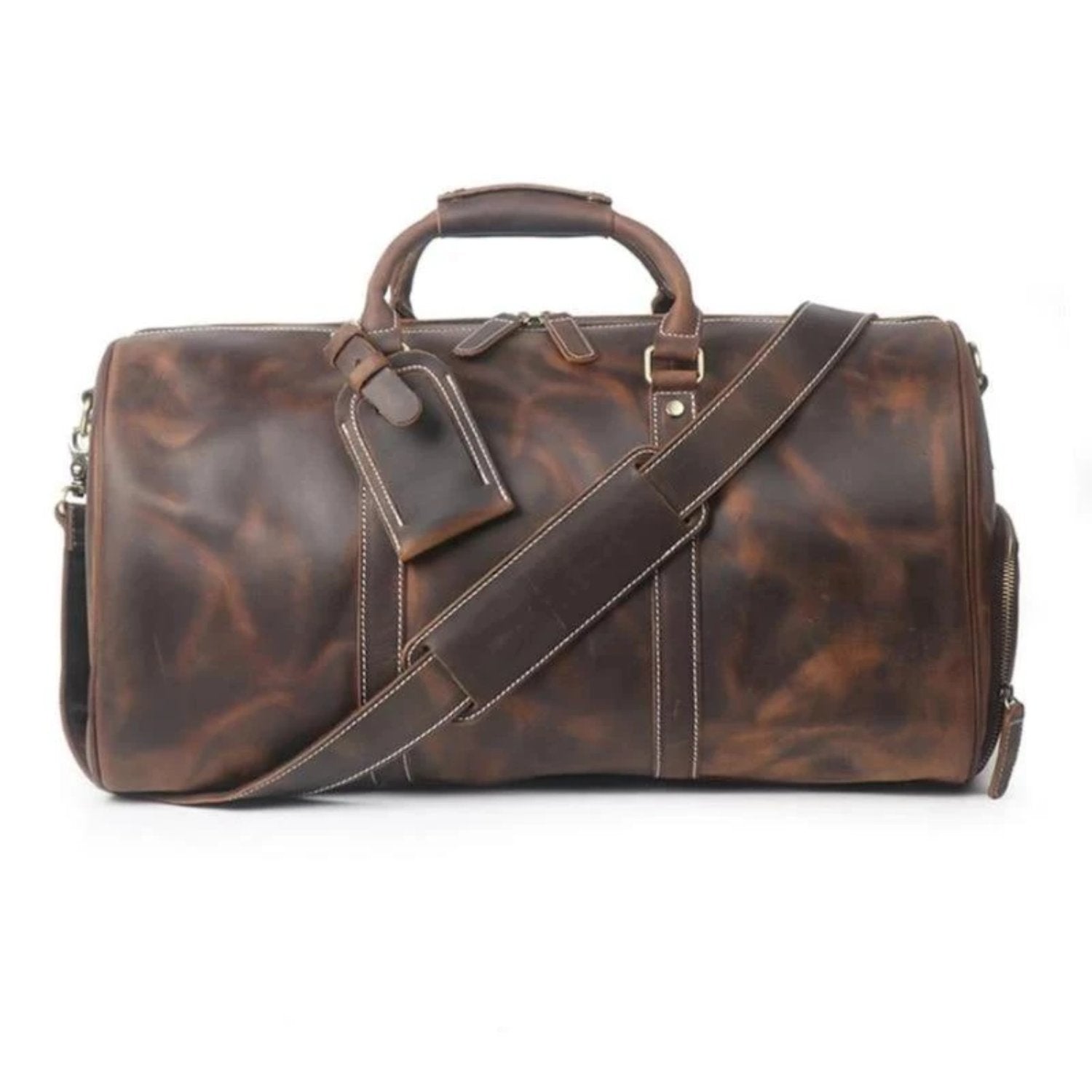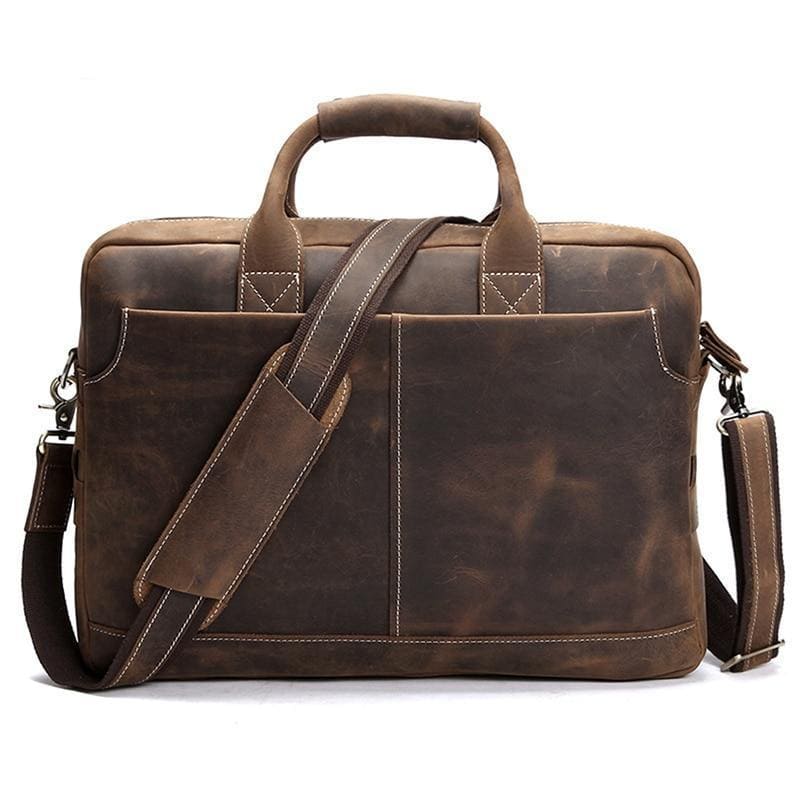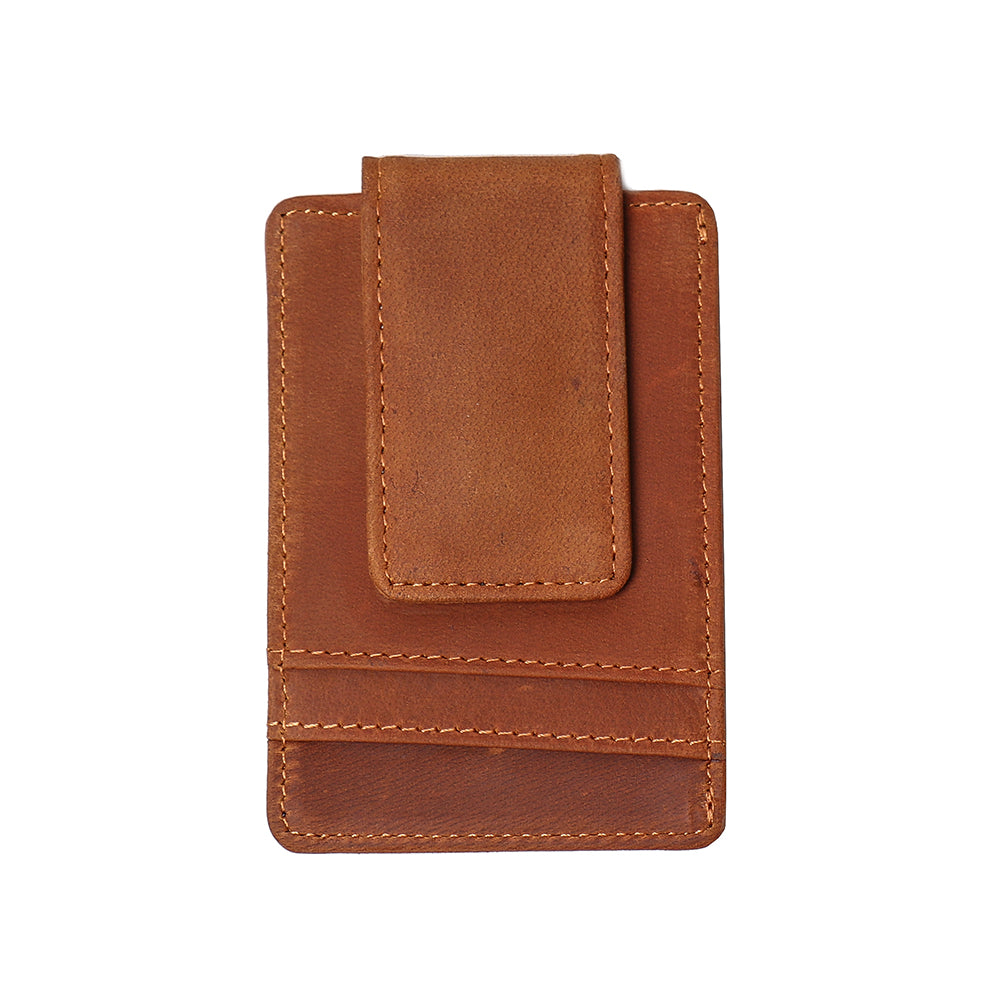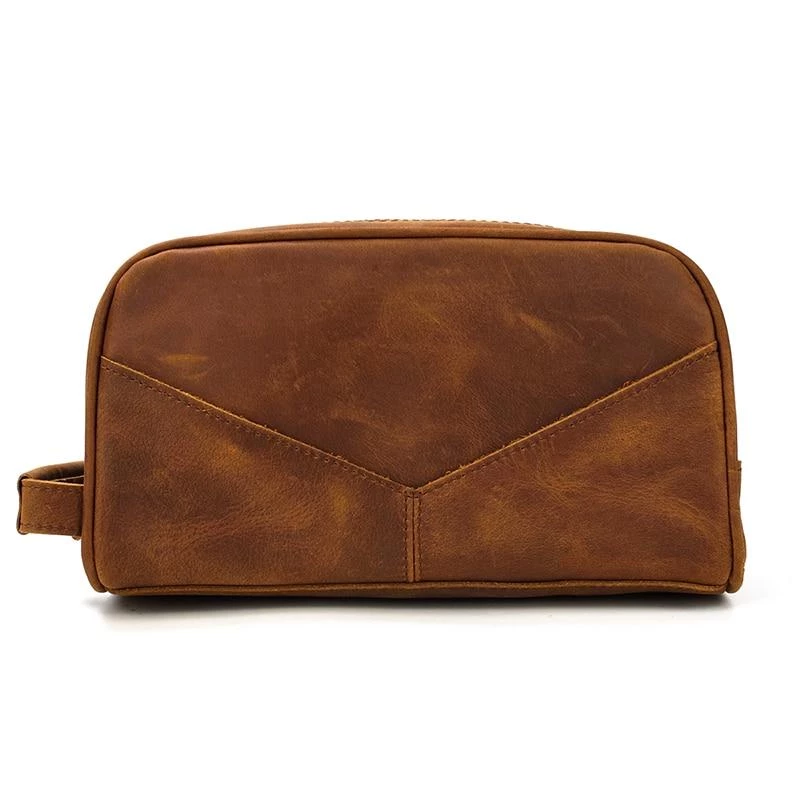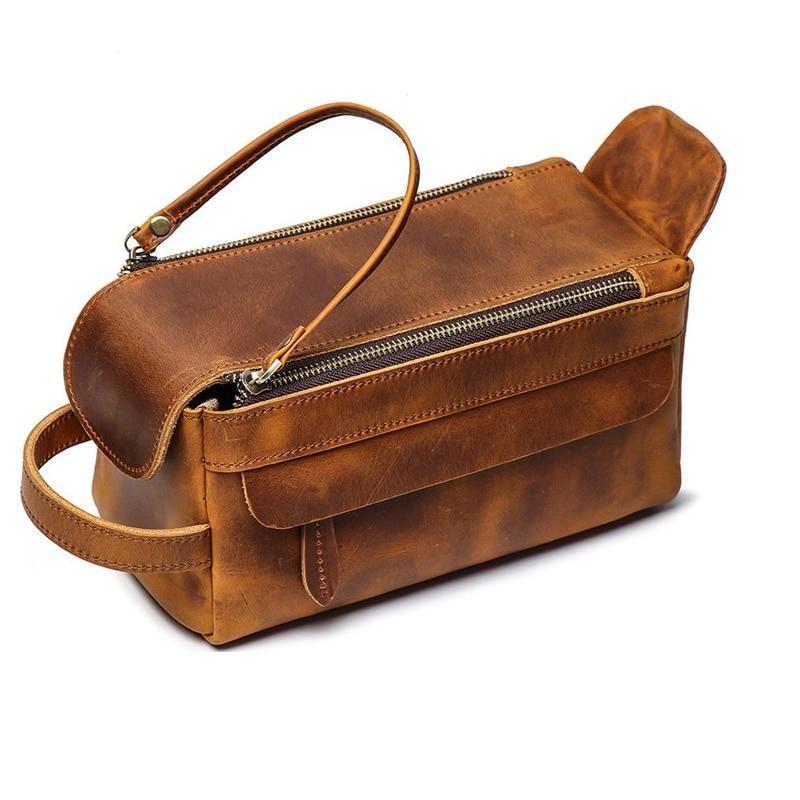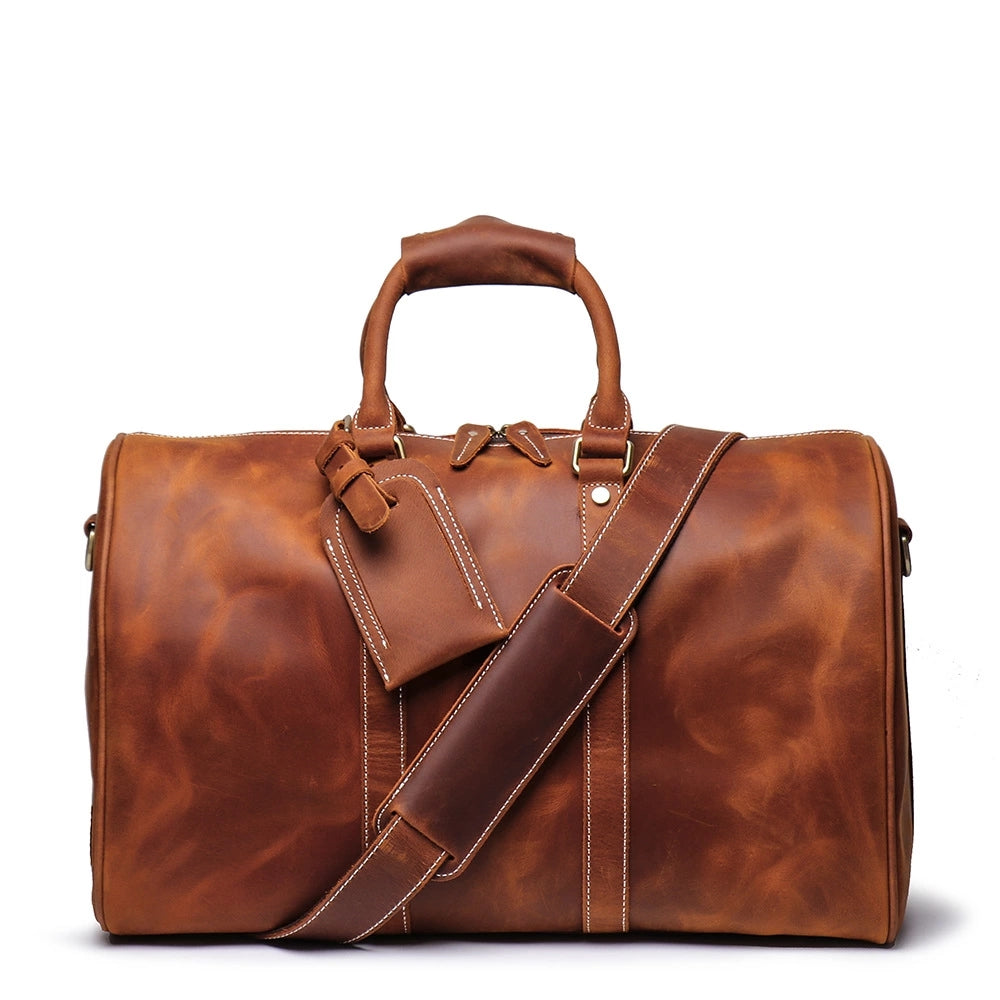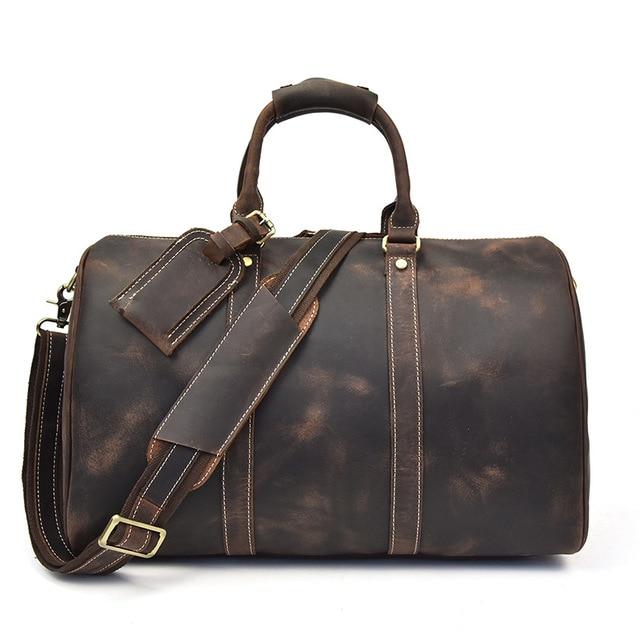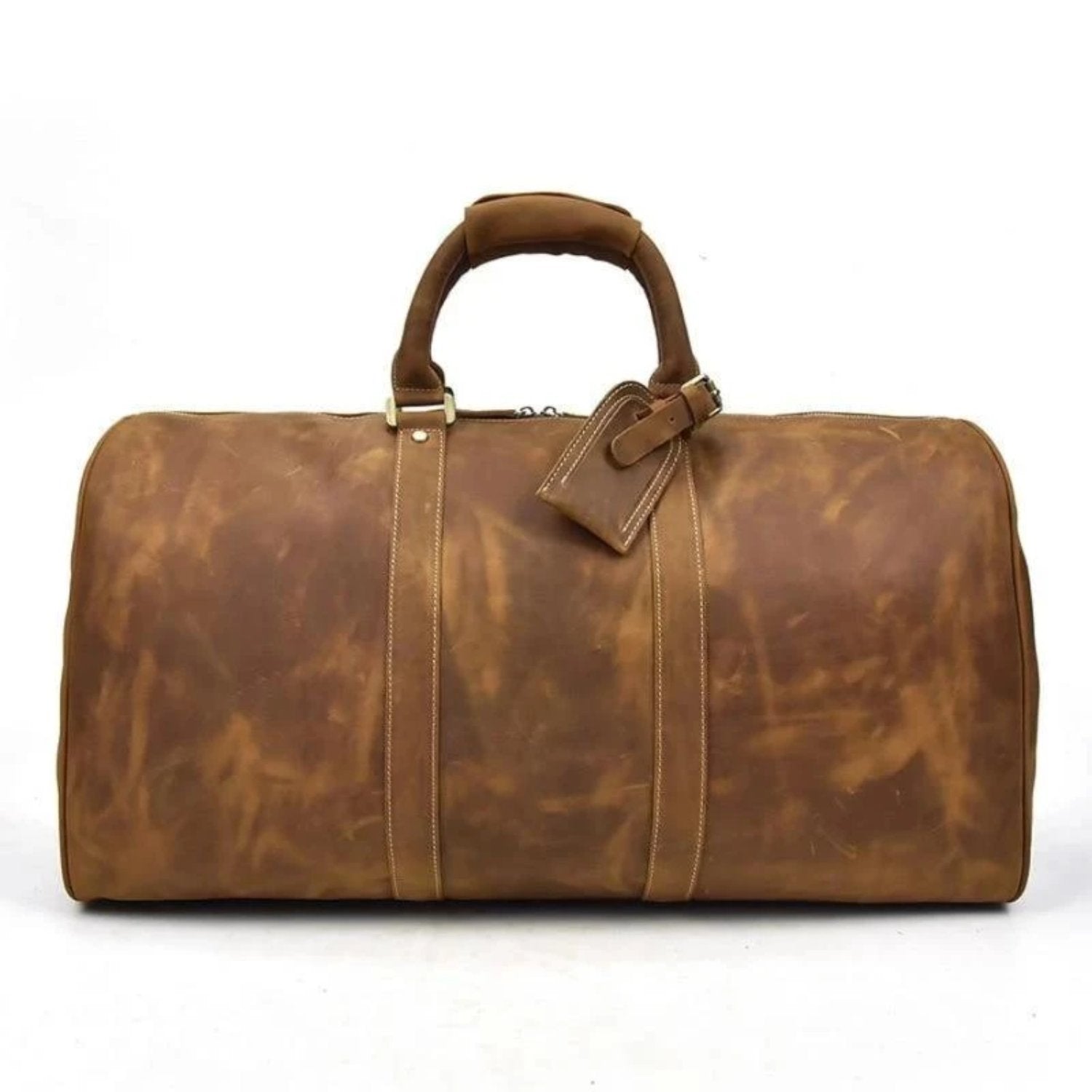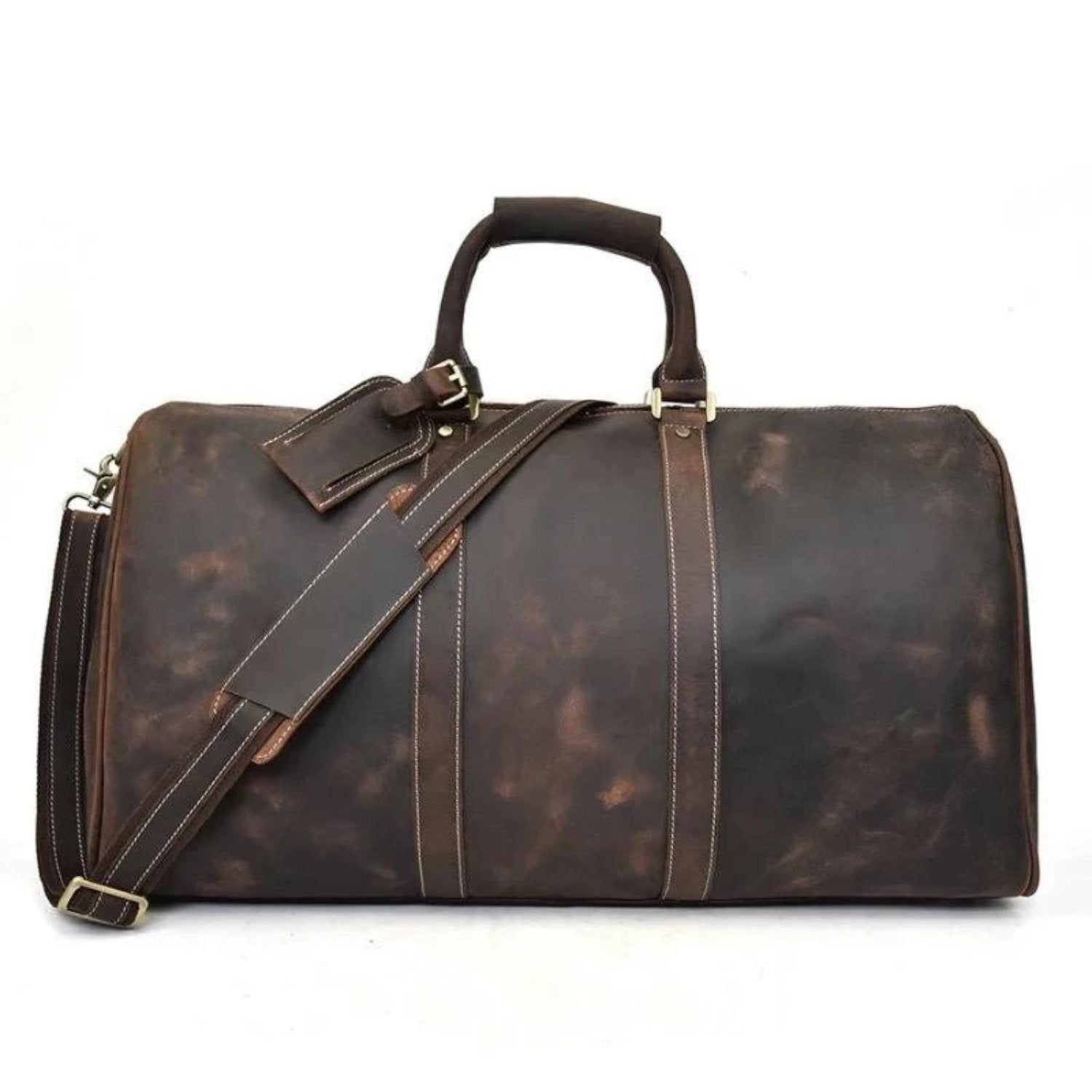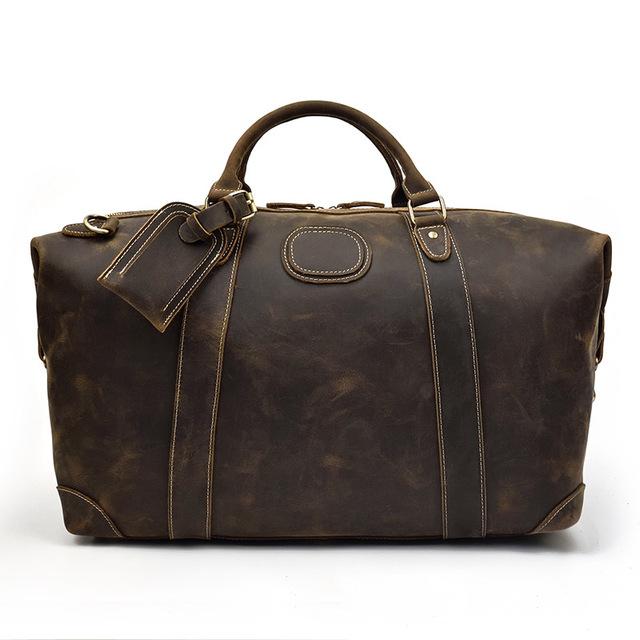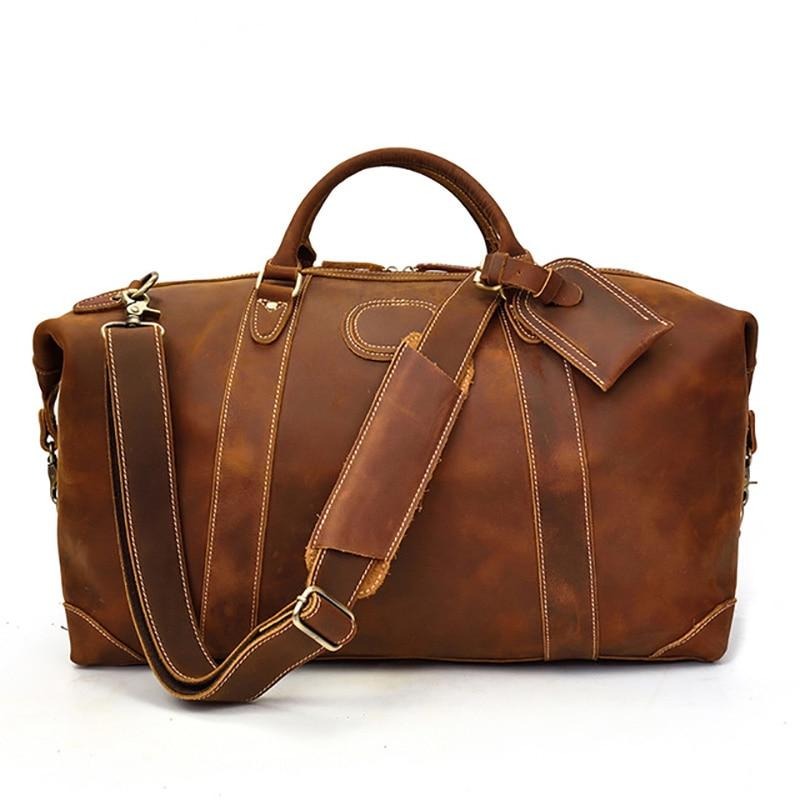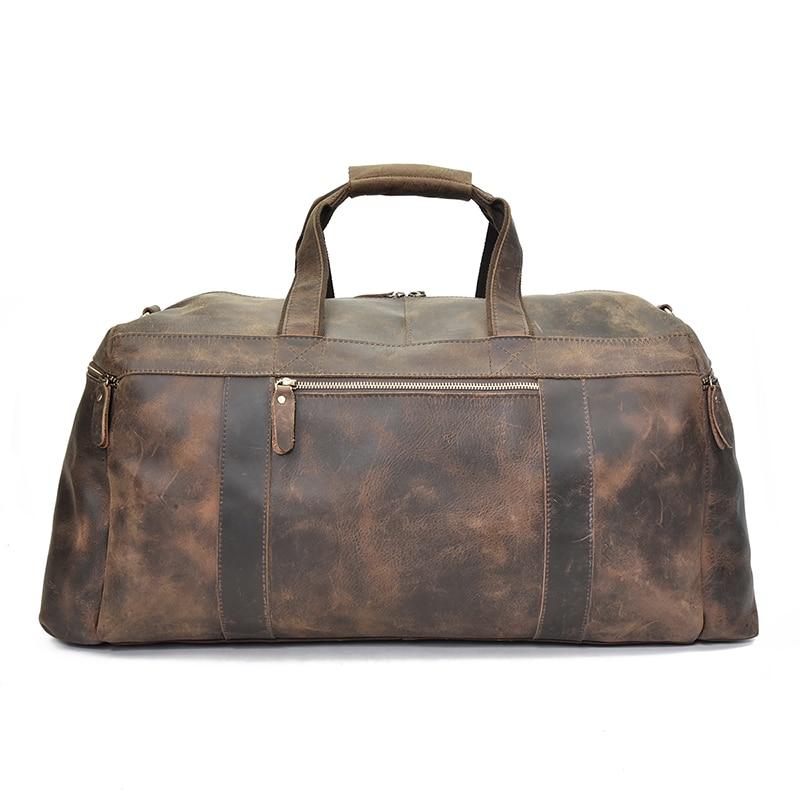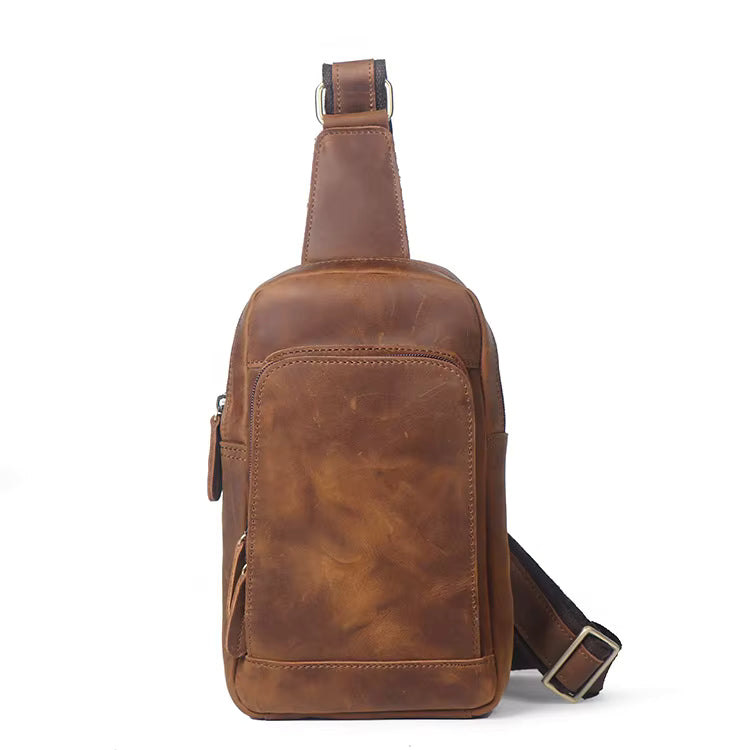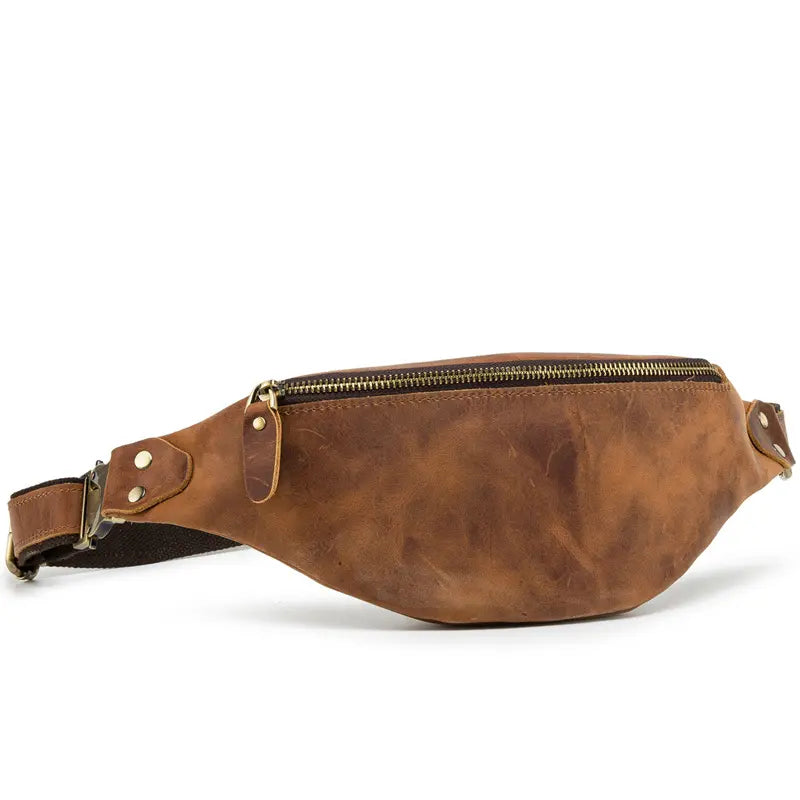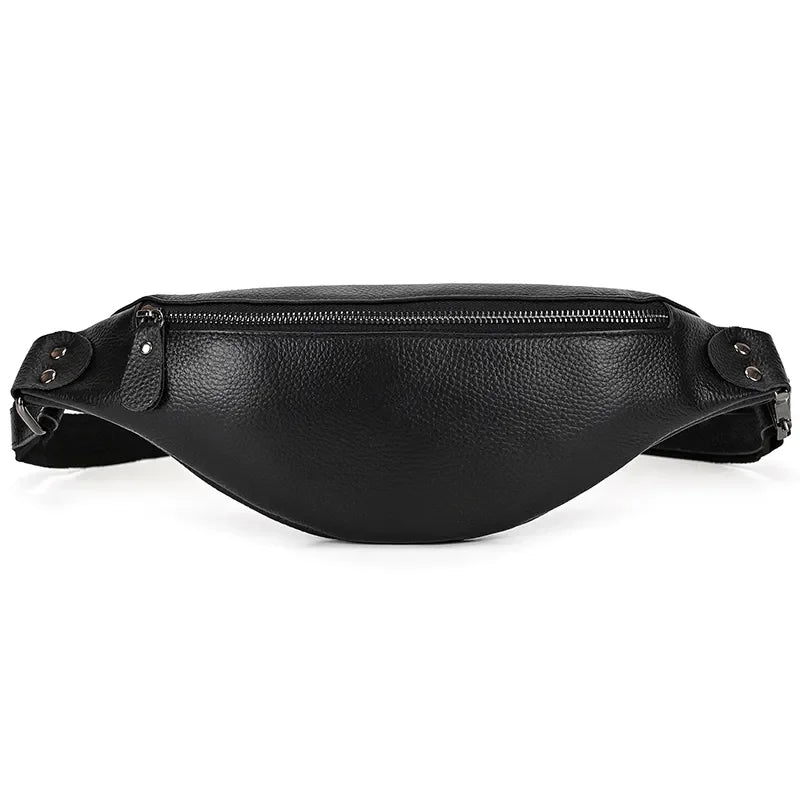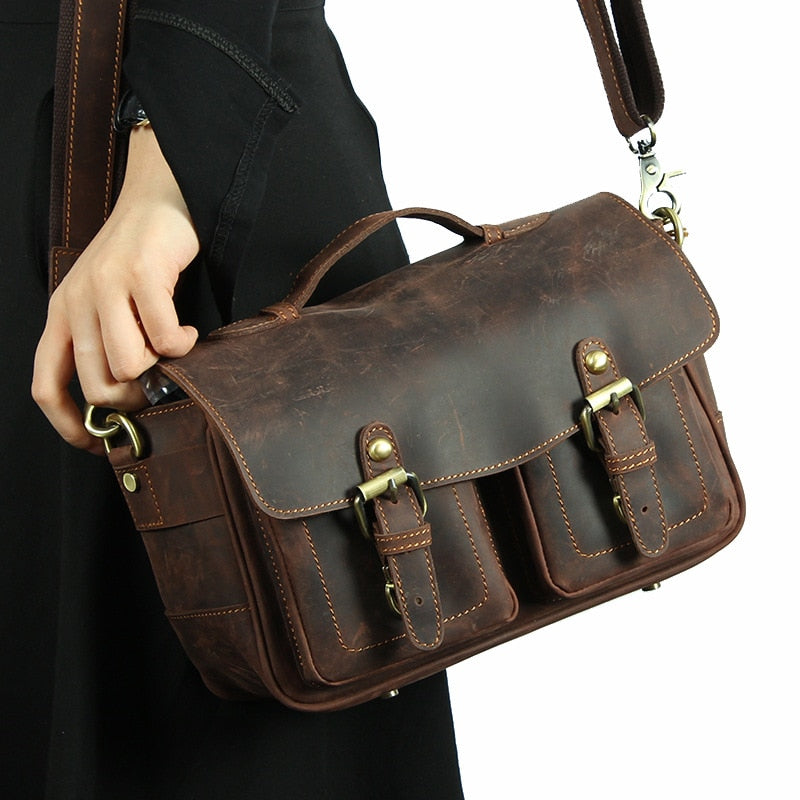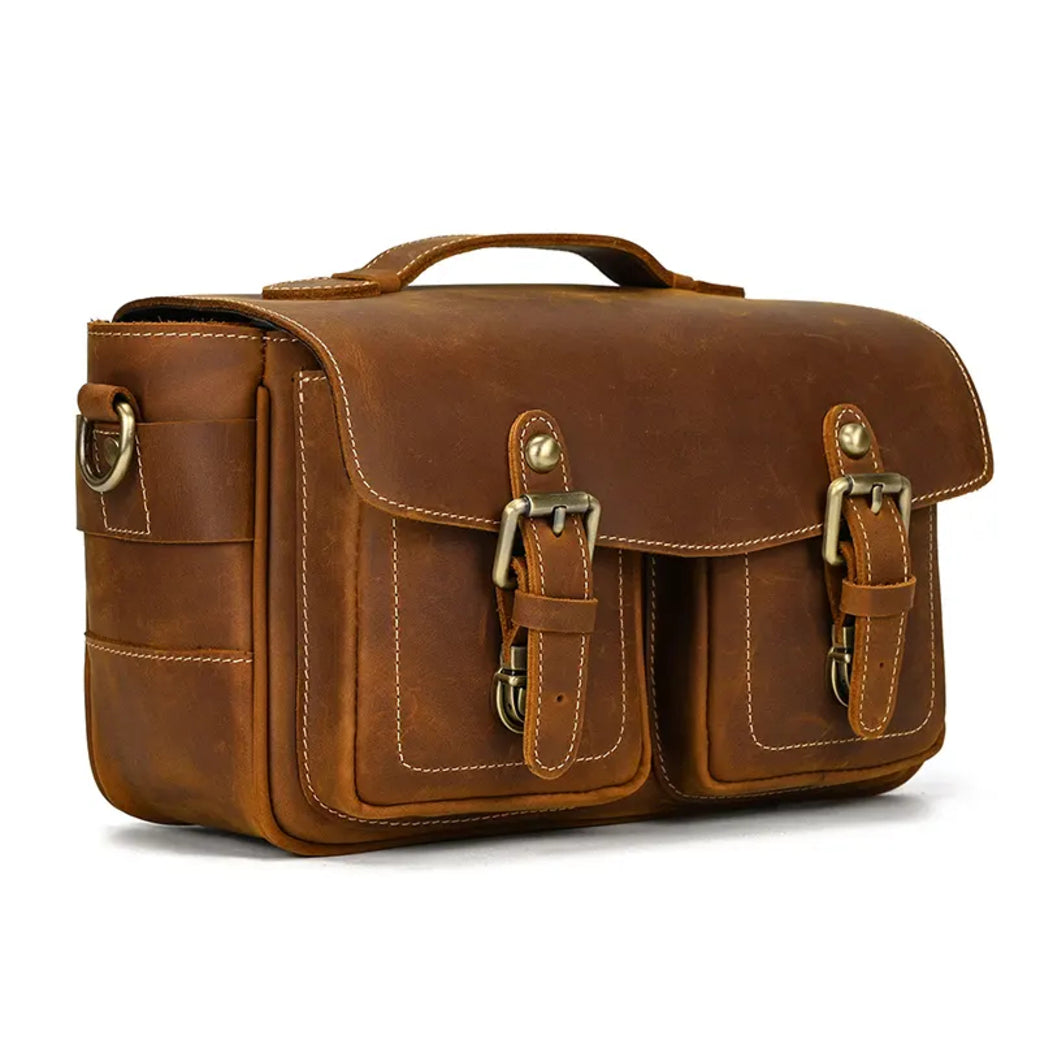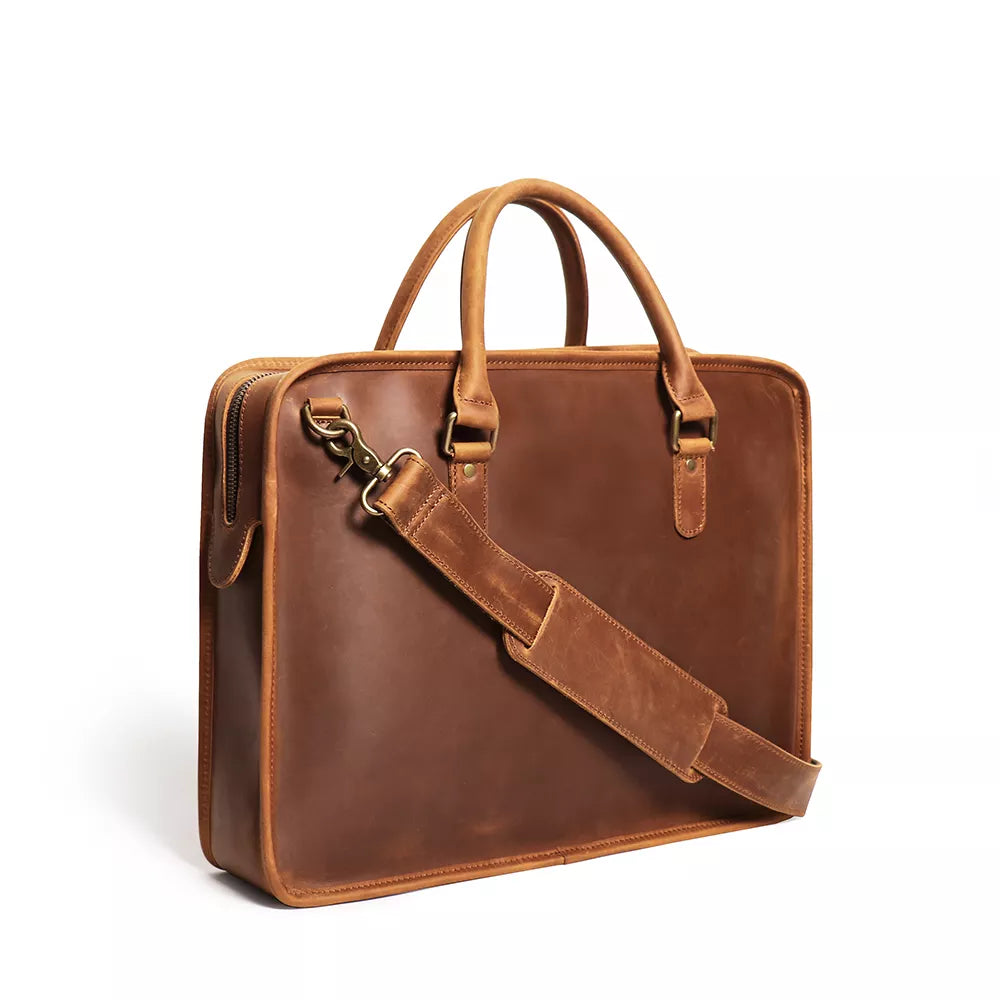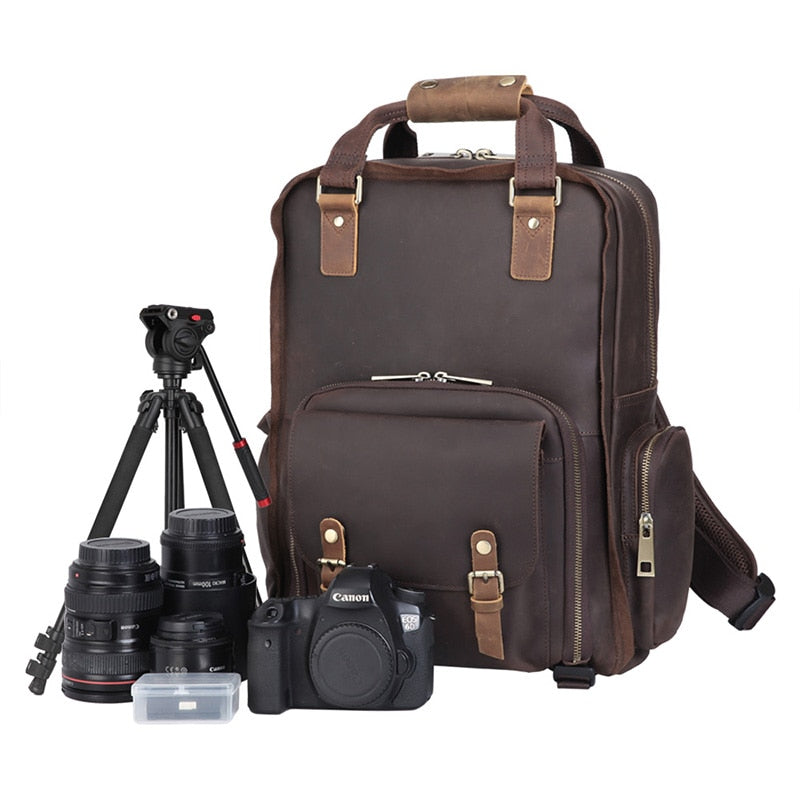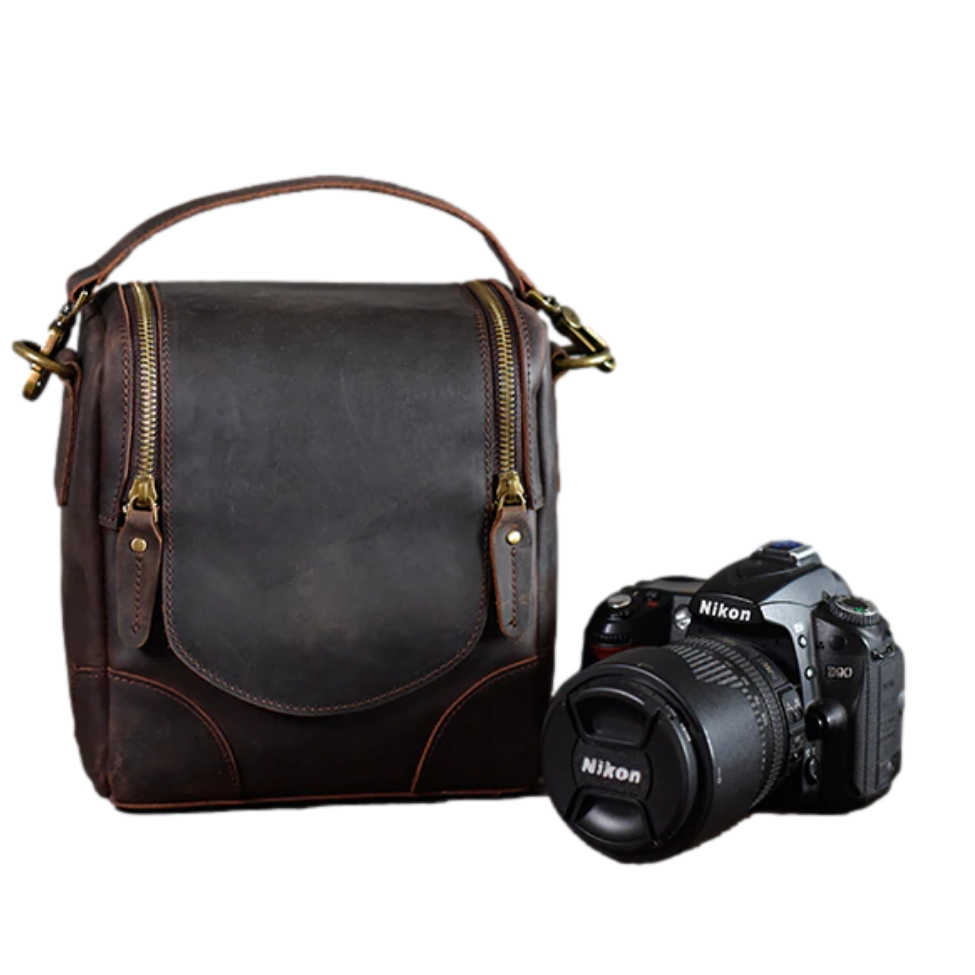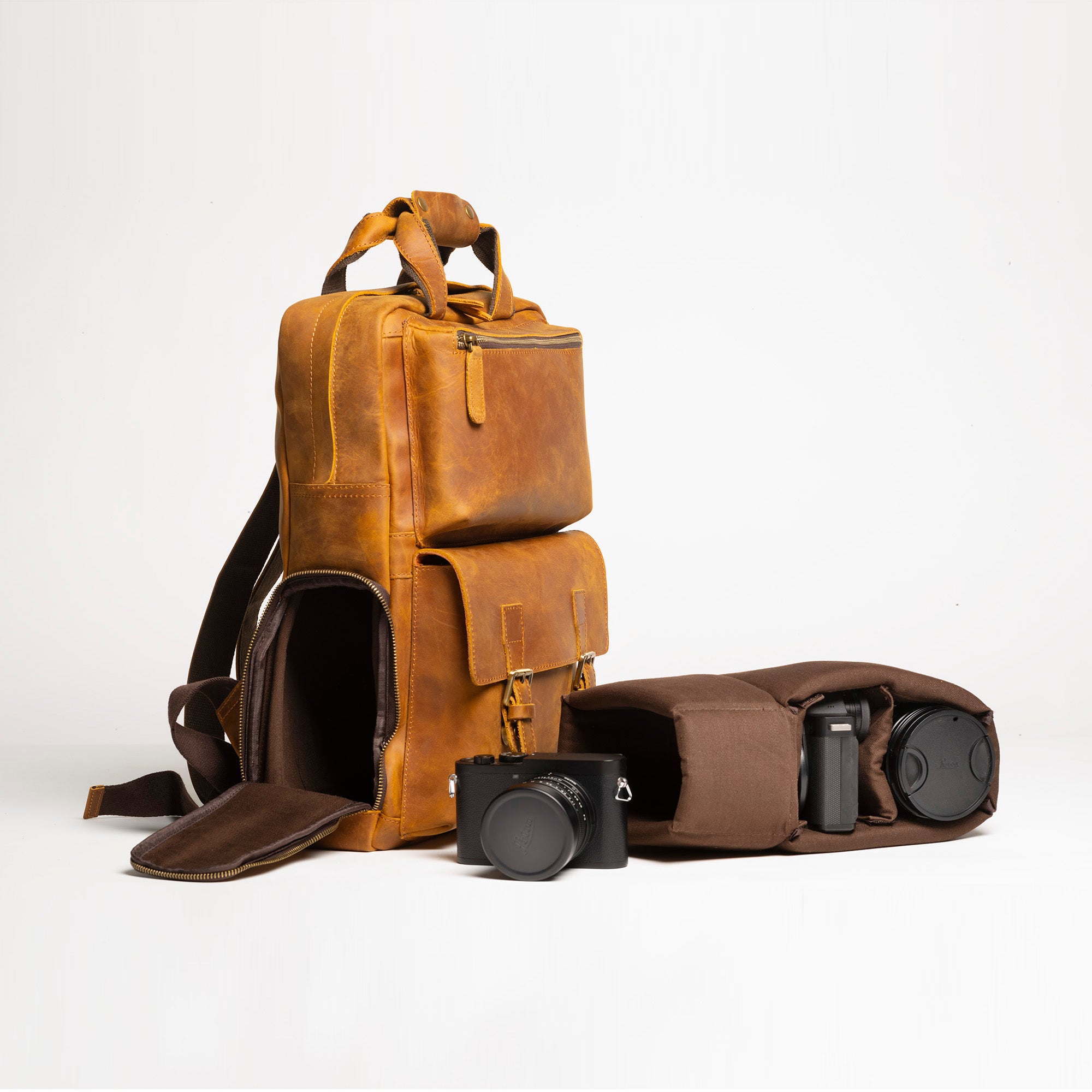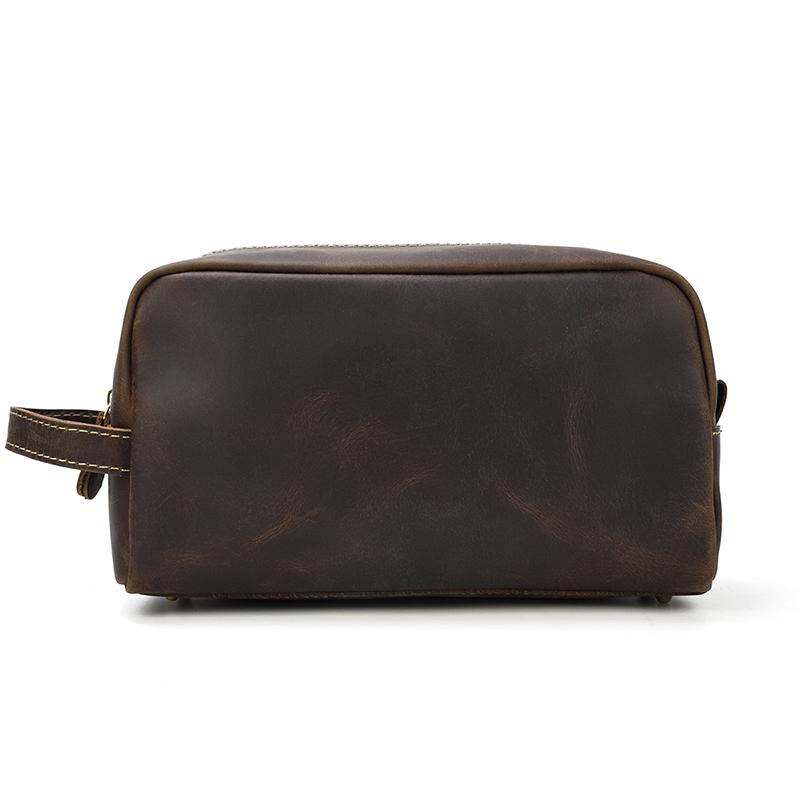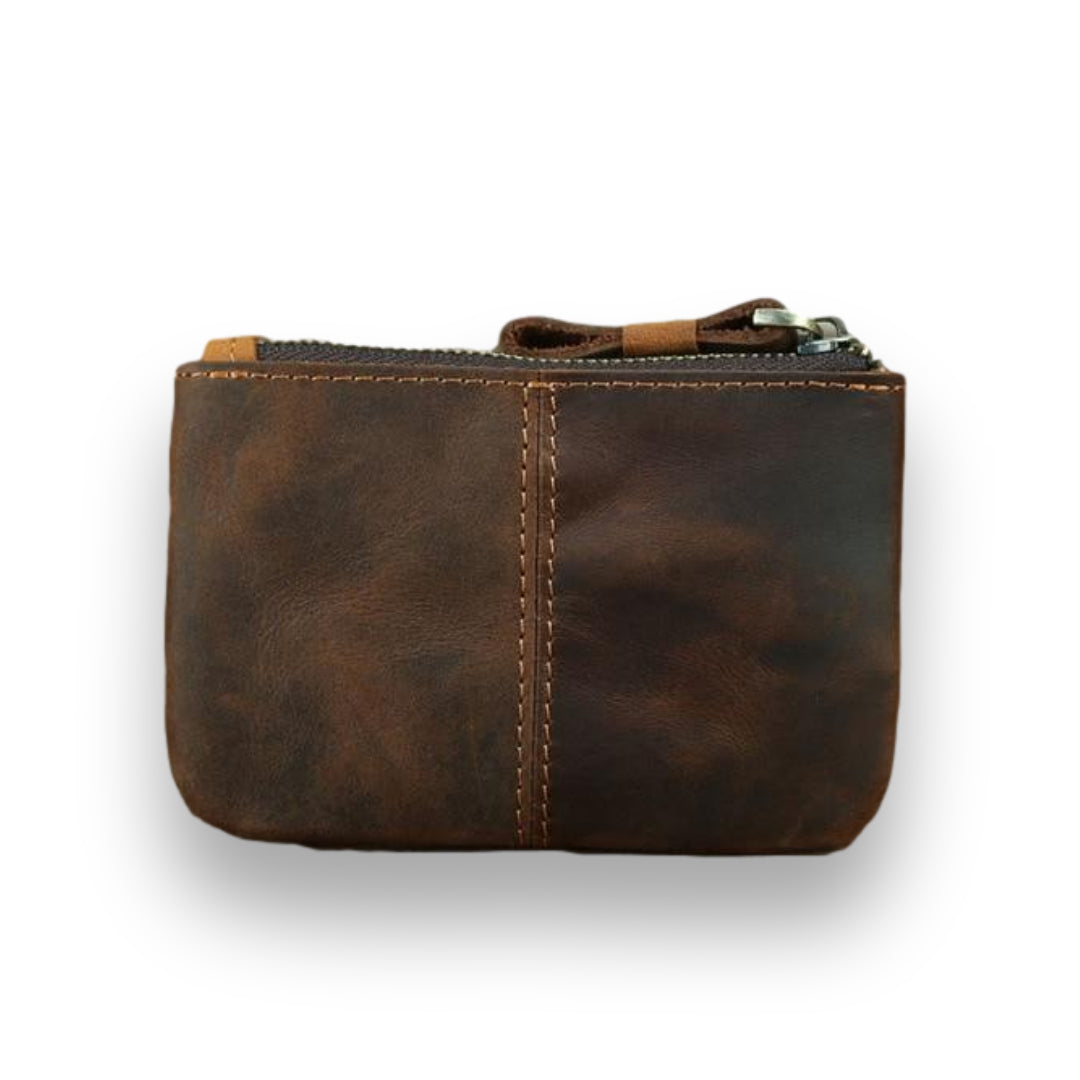Corporate gifts are simply goods that you offer to your existing consumers as a thank-you or to commemorate significant events. Some corporate gifts are more marketing-focused, with your company's brand or marketing message imprinted on them. These are comparable to promotional items. In other situations, corporate presents are more discreet and might not have a clear marketing message. They might include a real letter from you as well as a reminder of the business you and your customer have worked on together.
Key Takeaways
- corporate gifting is a $6 billion industry that significantly impacts business relationships and customer retention, with 88% of recipients remembering the company that gave them a promotional product.
- Effective corporate gifting requires careful consideration of timing, appropriateness, and personalization to make a lasting impression.
- employee gifts can dramatically improve workplace morale and engagement beyond traditional benefits and compensation.
- Corporate gifts should align with ethical standards, tax implications, and maintain a genuine spirit of giving without explicit expectations of return.
- Personalization and uniqueness in corporate gifts are crucial for standing out, with options ranging from traditional items to custom leather products with logo personalization.
The Significance of Corporate Gifting

Corporate gifts are a huge deal. Businesses in the United States contributed around $6 billion in commercial and corporate donations in 2007. In 2012, 51% of small firms planned to mail corporate gifts. These sorts of presents, which are typically given out by managers and business owners, are used to entice clients and demonstrate thanks.
Business Benefits of Corporate Gifts
Business and corporate presents allow you to promote your company's brand, logo, and marketing message to potential consumers. They can also convert one-time customers into recurring consumers. They're a wonderful way to say "thank you" to clients and demonstrate how much you value their business. If you haven't thought about purchasing presents for customers yet, this is the year to do so.
Employee Gifting Importance
While fantastic benefits, competitive pay, and flexible employment perks may encourage employees to join and remain for the long haul, it's the unexpected gestures that make the message stick. The ideal present is always appreciated, and not only during the holidays. They can be used to commemorate anniversaries, tenure, onboarding, new employee recommendations, or to honor someone who went above and beyond to meet a goal or a deadline.
Impact on Workplace Environment
Employees who are engaged and feel appreciated may make the office a pleasant place to spend time every day. Celebrating milestones such as new hiring, employee anniversaries, and promotions may give every employee (not just the recipient) the impression that they work for a company that loves them. Furthermore, incentive presents for customer-facing employees like sales, marketing, and customer service may increase productivity and work satisfaction, making everyone's daily grind a bit easier. Overall, good corporate gifts may engage employees in ways that verbal appreciation or annual assessments just cannot.
Best Practices for Employee Gifting
We recommend following certain best practices throughout campaign preparation and implementation to make the most of your employee gifts. These process enhancements might make the gifting initiative easier for your HR or administrative personnel while also providing your beneficiaries with a memorable experience.
- Create a campaign and budget in the same way that you would for any other giving project
- Maintain proper gift-giving manners
- Personalize the present so that it feels as if it was chosen specifically for the employee
- Consider opening a swag or gift shop where employees may select the item
- Make your charitable giving a year-round endeavor
Why Give Corporate Gifts To Customers

There are several compelling reasons to provide corporate gifts to customers, each serving a unique purpose in building and maintaining business relationships.
Memorable Impact
According to research published in the Journal of Consumer Psychology, corporate gifts significantly enhance brand recall, with studies showing that 88% of consumers remember the companies that provided them with promotional products, in contrast to just 71% who recall advertisements seen recently in print or television. This demonstrates that corporate gifts serve as more effective marketing tools than traditional advertising methods in reinforcing brand presence in consumers' minds (Paolacci et al., 2015).
Extended Reach and Marketing Value
A customer or client may wind up sharing their corporate present with someone else, or that gift may be seen by someone else when your client utilizes it. If a client is particularly pleased with their gift, he or she may share information about it on social media. This might spark a dialogue about your company, resulting in new leads and revenue for you.
Customer Retention
According to studies, 83 percent of individuals enjoy receiving promotional items or gifts, and 48 percent would want to get more. Simply said, corporate and promotional gifts are beneficial and make your consumers feel valued. They also provide value, because everyone enjoys receiving something for free.
Building Relationships
Your customers aid in the growth of your company. Giving presents is a means to indicate that you've recognized the contributions these organizations and individuals have made to your business, as well as a method to return some of the energy and money clients have invested in your company.
When to Give Corporate Gifts

There are a few different situations where you can use corporate gifts to make an impression:
- To say "thank you" to a client or customer
- To commemorate a significant achievement for your client or customer
- As an expression of appreciation for a larger purchase
- For holidays
- When making a significant announcement about your firm
- When employees leave the company or celebrate an anniversary
- "Just because" gifts to show appreciation
How to Give Corporate Gifts
Having good corporate gift ideas is not enough. You also have to offer the gifts the right way.
Make it Appropriate
Some things should never be given away. Cash, for example, is always suspicious and should never be presented as a business gift. Expensive presents, such as automobiles, might sometimes appear suspect, no matter how noble your intentions are.
Make it Unique
Many people receive pencils, clothes, or caps. Look for gifts that will create an impact. Something functional, beautiful, and a little unusual will strike the perfect chord.
Make it Personal
Personalize the gift by including a handwritten message. If your present appears to have been delivered to dozens of other clients, it will appear less exceptional, so add something particular about just the recipient.
Consider the Client's Perspective
Consider the last corporate present you got. Consider the presents that have made you feel valued and the things that you still use. Compare them to any promotional items you discarded or any presents that made you grimace.
Maintain Ethical Standards
When it comes to gift-giving, be sure you follow excellent business standards. Before beginning any gift-giving program, consult with HR or legal counsel.
Keep Incentives Separate
When presenting presents to clients, keep a generous spirit in mind. Don't expect anything in return, and don't make gift-giving contingent on any activity.
Consider Tax Implications
The IRS will typically allow firms to deduct business gifts under $75. Confirm this with your bookkeeper and keep meticulous records if your gifts qualify for a tax deduction.
Popular Corporate Gift Ideas
People frequently get business presents. Approximately seven out of every ten customers questioned received at least one promotional good in the previous year, and seventy percent received at least two. With so many firms marketing their products, you need one-of-a-kind presents to stand out.
Traditional Gift Options
- Tickets: Concert tickets, sports tickets, and other special event tickets
- Alcohol and cigars: Classic business presents, though requiring careful consideration
- Office gifts: High-quality office products that reflect your company's excellence
- Small Plants: Succulents and other office-friendly greenery
- Food: Popular but should be unique to stand out
- Branded Clothing: Comfortable and practical items with company branding
- Fun Desk Items: Quirky additions to enhance workplace atmosphere
- Personalized Gifts: Customized items reflecting recipients' interests
- eGift Cards: Flexible options for recipient choice
Personalized Corporate Leather Gifts

Personalized CorporateGifting is an important business activity. Steel Horse Leather offers a wide selection of customized leather corporate gifts.
The Importance of Personalization in Corporate Gifting
In the realm of corporate gifting, personalization stands as a pivotal factor that distinguishes a memorable gift from a generic one. Research indicates that gifts tailored to the recipient's tastes and preferences result in higher appreciation levels, with recipients valuing gifts more when they reflect the giver's characteristics (Paolacci et al., 2015). This thoughtful approach not only enhances the recipient's experience but also reinforces brand loyalty and strengthens business relationships. When gifts feature the recipient's name, a meaningful message, or a unique design, they convey care and consideration that leaves a lasting impression. In a market saturated with standard promotional products, investing time and effort into creating customized gifts can set your company apart, ensuring that your gesture is remembered long after the gift is received.
Custom Logo Personalization Options
Laser Engraving
Laser engraving is the process of making a mark on a material, such as leather, with the use of a laser. Using this method, the burnt design will be clean and perfectly positioned on the leather.
Debossed Logo Personalization
Debossing is the process of stamping a design, lettering, or logo so that the image appears to be engraved into the surface of an object. At Steel Horse Leather, we use a heat debossing technique that imprints your company logo onto our custom leather products.
Our Simple Process
- Choose your product
- Email us your logo and get a mockup back from us
- Receive your customized handcrafted product
Targeting Different Client Types
| Client Personality | Leather Gift That Wins | Why It Hits 100 % | Price Range |
|---|---|---|---|
| 🏃♂️ The Fitness / Health Nut | Full-grain leather gym duffel or minimalist sling | Carries pre-workout, shoes, towel — looks sharp at the gym | $220–$450 |
| 🌲 The Outdoors / Nature Lover | Crazy Horse leather weekender or heritage rucksack | Rugged, ages with every trail — perfect for cabin trips | $280–$580 |
| 🐶 The Dog Parent | Leather dog leash + matching owner’s valet tray set | Daily use + “we match” moment every walk | $140–$320 |
| 🕶️ The Trend-Setter / Fashion-Forward | Matte black or limited-edition colored leather briefcase | Instant street-style upgrade — Instagram gold | $350–$750 |
| 📈 The Type-A Executive | Monogrammed leather padfolio + matching passport holder | Boardroom ready + screams “I run things” | $180–$420 |
| ✈️ The Frequent Flyer | Full-grain leather carry-on weekender with suit sleeve | One-bag travel, looks better than 90 % of the plane | $380–$680 |
| 🍷 The Luxury Connoisseur | Horween Chromexcel briefcase or doctor bag | Patina develops like fine wine — heirloom status | $550–$1,200 |
| ✨ 2025 Universal Rule | |
|---|---|
| Full-grain leather + subtle personalization + wooden gift box | = 100 % “this is the best gift I’ve ever received” reaction — every personality, every time. |
Golden Move: Spend 5 minutes learning their hobby → pick the matching leather piece → watch them brag about your gift for years.
The customer to whom you wish to offer a gift will have a large influence on what gift is ideal. Knowing your clients and business partners offers you an advantage when it comes to gift-giving.
Client Categories and Gift Suggestions
- The client in good health: Healthy gift baskets, health food store vouchers
- The client who prefers nature: Environmental donations, hiking equipment
- The dog enthusiast: Pet-related gifts and accessories
- The trend-setter: Subscription services to fashionable publications
- The Type A personality: Business seminars, success books, stylish calendars
Steel Horse Leather Gift Card
Are you looking for a gift for someone else but aren't sure what to get them? With a STEEL HORSE LEATHER gift card, you can give them the gift of choice. Gift cards are sent by email and include instructions for redeeming them at the checkout. There are no additional processing costs for our gift cards.
Frequently Asked Questions
What Are The Tax Implications Of Corporate Gifting?
Corporate gifts and promotional items are generally tax-deductible when valued under $75 per recipient annually. For both executive gifts and gifts for clients, it's essential to maintain detailed records and consult with a tax professional for specific guidance on deductibility. This applies to everything from premium gifts to everyday items used as business gifts.
How Can Small Businesses Implement An Effective Gifting Strategy On A Limited Budget?
Small businesses can focus on personalization and timing rather than expensive gifts. A thoughtful gift strategy might include custom corporate items or custom design elements. Consider implementing a year-round gifting calendar for your target market, focusing on meaningful occasions like holiday gifts, and utilizing creative packaging and presentation to maximize impact. Remote employees and the entire office can benefit from fun gifts that strengthen business relationships.
What Are The Legal Considerations When Giving Corporate Gifts?
Companies should establish clear corporate gifting policies, consult with their management team and legal counsel, and be aware of industry-specific regulations. This is particularly important when presenting gifts to potential clients, potential investors, or government officials. When developing business proposals or a business plan presentation, include guidelines for custom executive gifts and promotional products.
How Can Companies Measure The ROI Of Their Corporate Gifting Program?
Track metrics such as customer retention rates, employee satisfaction scores, social media mentions, and business referrals following gift-giving campaigns. Compare these metrics with periods without gifting activities to assess impact.
What Are The Cultural Considerations In International Corporate Gifting?
Research cultural norms and taboos before giving gifts to international clients or employees. Understanding cultural dynamics is essential for effective corporate gifting, as gift-giving practices vary significantly across different societal contexts. Studies show that in collectivistic cultures such as China, the significance of relationship-building and social obligations profoundly influences gift-giving behavior, and misalignment with these cultural practices can hinder the positive impact of corporate gifts (Wang et al., 2007). Consider local customs, religious observations, and appropriate gift values to avoid potential misunderstandings.
Wrapping It Up
Give Your Employees a Gift to Motivate Them Today, if you're a large business, keeping your corporate giving activities rolling might be difficult—especially if you have a few ongoing initiatives in addition to your yearly occasion gifts. Make sure you plan ahead of time for your corporate giving needs to allow for your logo to be applied and delivered in time for your event or occasion.
References
Paolacci, G., Straeter, L., & Hooge, I. (2015). Give me your self: gifts are liked more when they match the giver's characteristics. Journal of Consumer Psychology, 25(3), 487-494. https://doi.org/10.1016/j.jcps.2015.01.006
Wang, Q., Razzaque, M., & Keng, K. (2007). Chinese cultural values and gift‐giving behavior. Journal of Consumer Marketing, 24(4), 214-228. https://doi.org/10.1108/07363760710756002


























